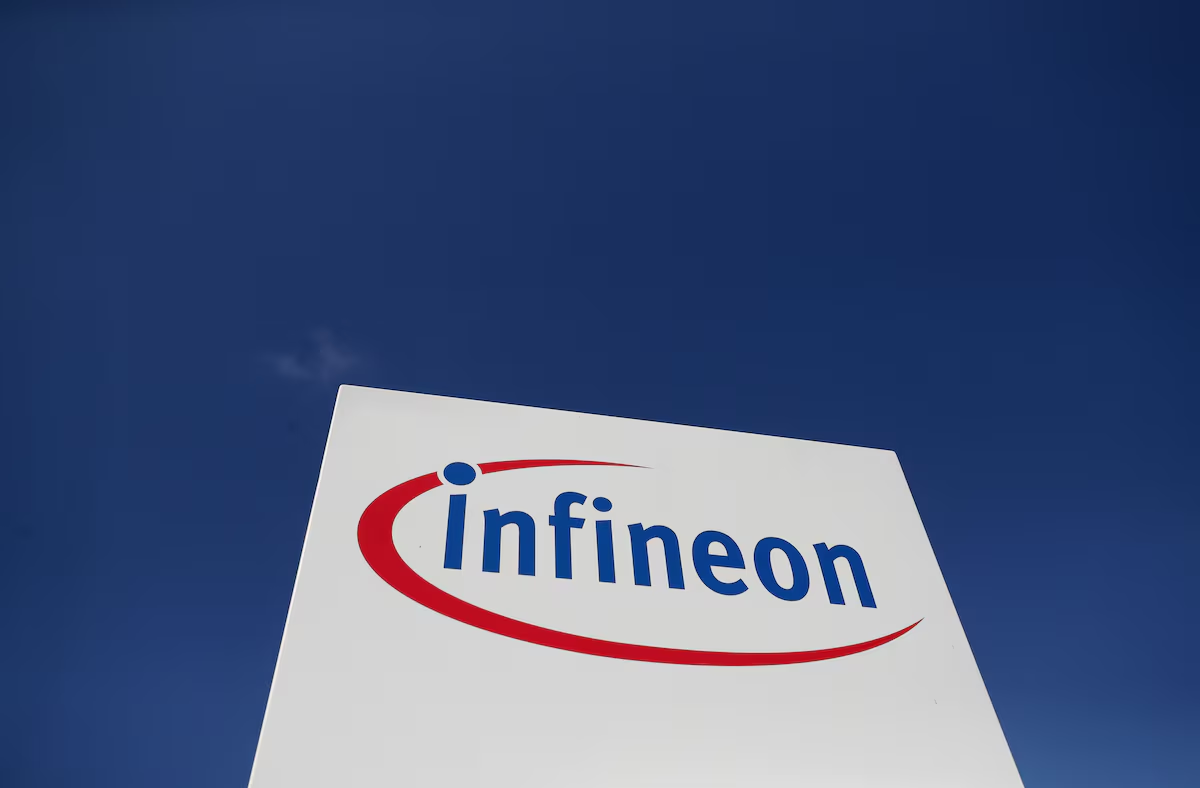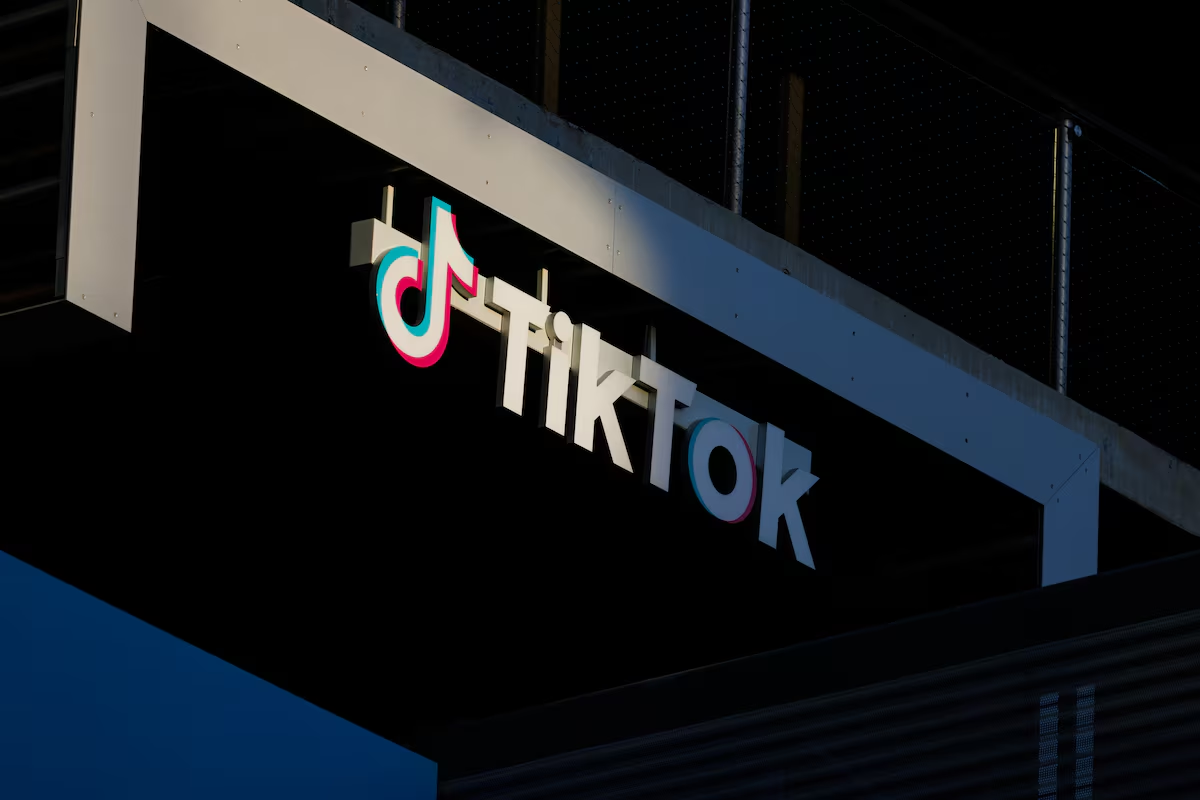Tech
Disney investigating massive leak of internal messages
Published
9 months agoon

Disney has confirmed it is investigating an apparent leak of internal messages by a hacking group, which claims it is “protecting artists’ rights”.
The group, Nullbulge, said it had gained access to thousands of communications from Disney employees and had downloaded “every file possible”.
It is not clear how commercially sensitive the information is for the media and theme park giant, but it is reported to include messages about upcoming projects the firm is working on.
“Disney is investigating this matter,” a company spokesperson told the BBC in an email.
Nullbulge’s website says the group targets anyone it believes is harming the creative industry by using content generated by artificial intelligence (AI), which it describes as “theft”.
The BBC has made contact with the hackers who claim to be in Russia and say they got into Disney’s internal Slack messaging system through an insider.
But when asked for a sample of the stolen data to verify its authenticity, the hackers did not respond – meaning the BBC has not been able to independently assess if the huge data trove is genuine.
“Disney was our target due to how it handles artist contracts, its approach to AI, and its pretty blatant disregard for the consumer,” the hackers claimed.
They said they released the data because they didn’t expect Disney to meet their demands to stop using AI.
It is unusual for hackers to claim they are “Russian hacktivists” with an ethical agenda – most cyber criminals, including those in Russia, aim to make money by extorting their victims.
Spread of AI
The leak was first reported in the gaming press and then picked up by the Wall Street Journal, which said some of the leaked material related to advertising campaigns and interview candidates, with some dating back as far as 2019.
There has been growing concern amongst performers, artists and other creatives that the rapid spread of generative AI will undermine their livelihoods and damage the creative environment.
Generative AI is trained on vast bodies of existing material – including texts, images, music and video. It is then able to produce new work of a standard that can be hard to distinguish from human-generated material.
Some artists and authors have claimed AI firms breached copyright by using their original work to train these AI tools.
Nullbulge describes itself as “a hacktivist group protecting artists’ rights and ensuring fair compensation for their work”.
“Our hacks are not those of malice, but to punish those caught stealing,” it says on its website.
“We will work tirelessly to develop and implement solutions that protect the rights and livelihoods of artists in the digital age.”
The Walt Disney company’s businesses range from film-making and streaming services Disney+ and Hulu, to video games and theme parks dotted across the globe. It owns the hugely successful Marvel and Star Wars franchises.
Source: www.bbc.com
You may like
Tech
EU approves 920 million euro German aid for Infineon chips plant
Published
1 month agoon
February 20, 2025
The European Commission said on Thursday it had approved a 920 million euro German state aid to Infineon for the construction of a new semiconductor manufacturing plant in Dresden.
The measure will allow Infineon (IFXGn.DE), to complete the MEGAFAB-DD project which will be able to produce a wide range of different types of chips, the Commission added.
Chipmakers across the globe are pouring billions of dollars into new plants, as they take advantage of generous subsidies from the United States and the EU to keep the West ahead of China in developing cutting-edge semiconductor technology.
The European Commission has earmarked 15 billion euros for public and private semiconductor projects by 2030.
“This new manufacturing plant will bring flexible production capacity to the EU and thereby strengthen Europe’s security of supply, resilience and technological autonomy in semiconductor technologies, in line with the objectives set out in the European Chips Act,” the Commission said in a statement.
The Commission said the plant – which will reach full capacity in 2031 – will be a front-end facility, covering wafer processing, testing and separation, adding that its chips will be used in industrial, automotive and consumer applications.
The aid will take the form of a direct grant of up to 920 million euros to Infineon to support its investment amounting to 3.5 billion euros. Infineon has said the plant will be the largest single investment in its history.
Infineon has agreed with the EU to ensure the project will bring wider positive effects to the EU semiconductor value chain and invest in the research and development of the next generation of chips in Europe, the Commission said.
It will also contribute to crisis preparedness by committing to implement priority-rated orders in the case of a supply shortage in line with the European Chips Act.
Source: www.reuters.com

U.S. President Donald Trump told reporters on Air Force One on Wednesday that he was talking to China about TikTok as the United States seeks to broker a sale of the popular app.
Source://www.reuters.com
Tech
AT&T’s bundled 5G, fiber plans boost holiday-quarter subscriptions
Published
2 months agoon
January 27, 2025
AT&T’s (T.N) fourth-quarter wireless subscriber growth surpassed expectations on Monday, fueled by strong demand for its discounted premium plans combining 5G mobile with high-speed fiber data services.
Shares of the company rose about 2% in premarket trading.
The U.S. telecom giant added 482,000 net monthly bill-paying wireless phone subscribers in the holiday quarter, outpacing analysts’ estimated gains of 424,550, according to Visible Alpha.
As the pool of potential new wireless customers shrinks in the United States, AT&T’s strategy of bundling high-speed fiber internet with wireless phone services has helped drive growth for the company.
Its fiber business added 307,000 new customers in the fourth quarter, higher than 226,000 additions in the prior quarter, marking its best fourth-quarter fiber net additions.
The last three months of the year are typically strong for telecom operators, driven by factors such as Black Friday promotions, trade-in deals for new iPhone launches and the gift-giving season around Christmas, all of which contribute to higher subscriber additions.
Rival Verizon (VZ.N) reported its best quarterly wireless subscriber growth in five years on Friday, with 568,000 monthly bill-paying wireless subscribers added in the fourth quarter.
AT&T expects annual adjusted profit between $1.97 and $2.07 per share, excluding the contribution from its 70% stake in DirecTV, which the company is selling for $7.6 billion. It was not immediately clear if the range could be compared with the estimate of $2.18 per share, according to data compiled by LSEG.Nasdaq futures slump after a cheaper Chinese AI model sparks panic in Silicon Valley.
AT&T said last month that it expected free cash flow to be more than $18 billion in 2027 and would reach more than 50 million locations with fiber by 2029.
Excluding items, it reported a profit of 54 cents per share, higher than analysts’ estimate of 50 cents per share, according to data compiled by LSEG.
Total revenue rose about 1% to $32.3 billion, compared with an estimate of $32.04 billion.
AT&T began offering bill credits for network outages from Jan. 9, part of a new initiative to attract customers in a highly competitive market.
Source: www.reuters.com/

Interior minister engages key stakeholders in Ashanti Region

High Commissioner of Babrbados calls on Minister for Tourism

Police arrest two suspects in connection with electrical cables
Trending

 Politics7 months ago
Politics7 months agoVoter Register Discrepancies: NDC to stage nationwide protests against EC

 News8 months ago
News8 months agoArise Royals Montessori School Marks 2nd Graduation.

 Entertainment9 months ago
Entertainment9 months agoGhanaian musician Champions Gaza Peace with New Track

 News4 months ago
News4 months agoKing of Igbo Community in Ghana congratulates Mahama as President-elect of Ghana.

 More8 months ago
More8 months agoYoung people urged to develop their talents

 Entertainment9 months ago
Entertainment9 months agoSteps to receive an official GWR certificate – Details from mother of a Ghanaian record holder

 News9 months ago
News9 months agoCancer Support Network Foundation holds gala

 News9 months ago
News9 months agoDedicate a Portion of GDP for investment in AI to improve health and reduce poverty – Prof. Samuel Kojo Kwofie

















